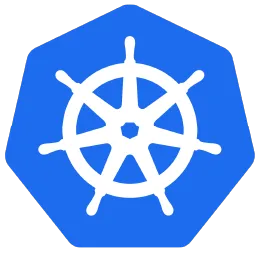DevOps Learning Path
The DevOps Learning Path is meticulously crafted to equip individuals with a comprehensive understanding of DevOps principles and practices, starting from foundational concepts to advanced automation and observability techniques. The path culminates with mastering observability through the Prometheus Certified Associate (PCA) certification.
I Know
Thank you! Your submission has been received!
Oops! Something went wrong while submitting the form.
Learn the basics of DevOps, Networking and Application

Learn Programming and Scripting
.svg)
.svg)
Optional
.svg)
.svg)
Optional
Learn Version Control

Learn CI/CD Concepts

Ace Container Concepts

Learn Container Orchestration
Learn Automation

Infrastructure as Code
Master Observability

How long will it take for me to complete?
I can spend
hours / day
≈ 7 Months
≈ 5 Months
≈ 4 Months
≈ 2-3 Months
≈ 5 Months
≈ 3 Months
≈ 2-3 Months
≈ 2 Months
≈ 4 Months
≈ 3-4 Months
≈ 2 Months
≈ 1-2 Months
* This is based on averages from our students. This may change depending on your experience and level of expertise.
Start the Test
Test your Readiness for Free!
The skills test is a hands-on exam that helps you identify where you stand today in your preparation for your DevOps exam. Do you know about Git enough to attempt the exam? Find out now!

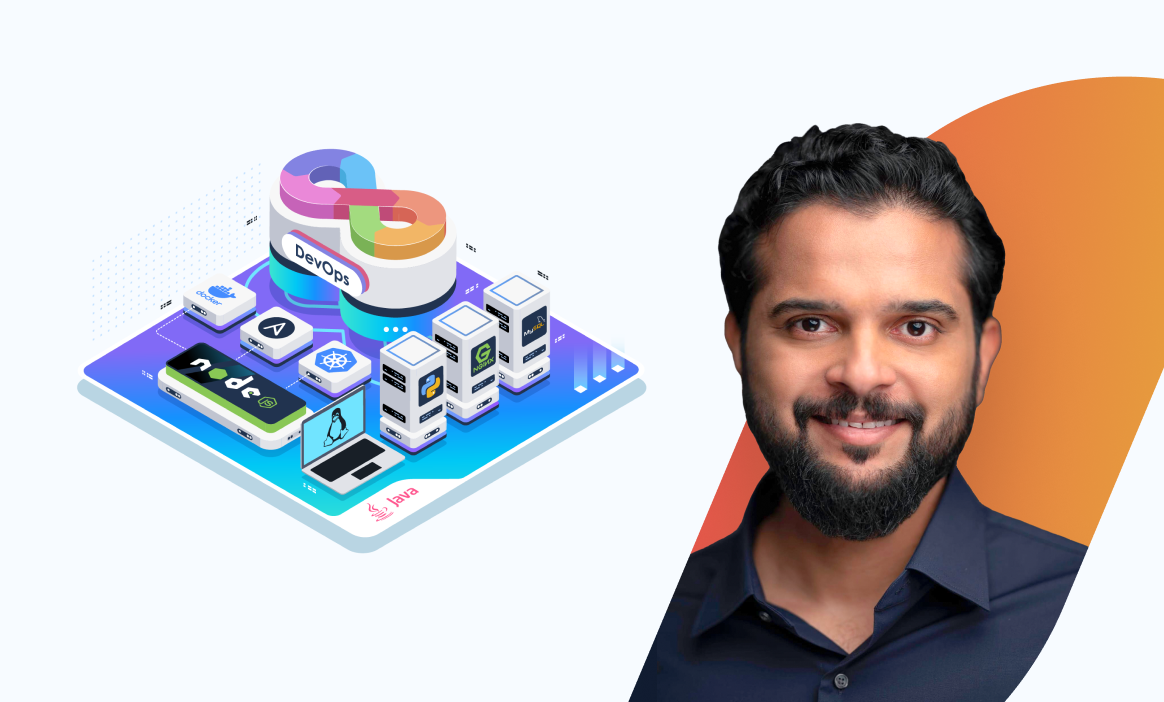




.svg)
.svg)




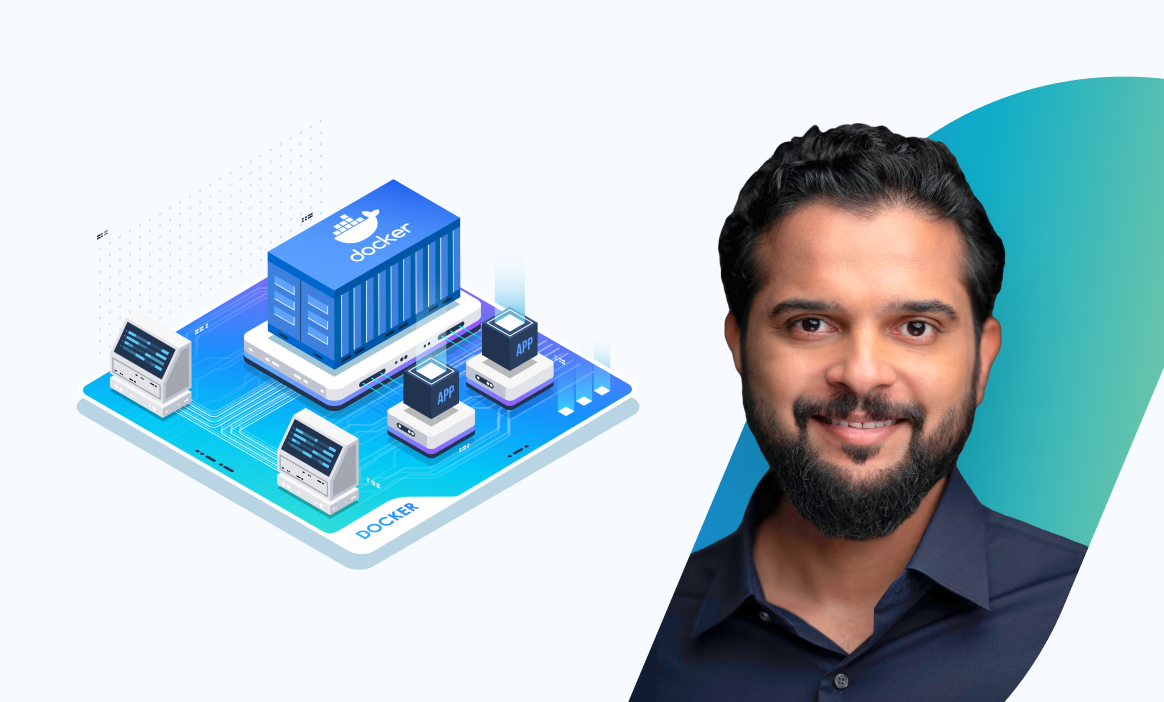
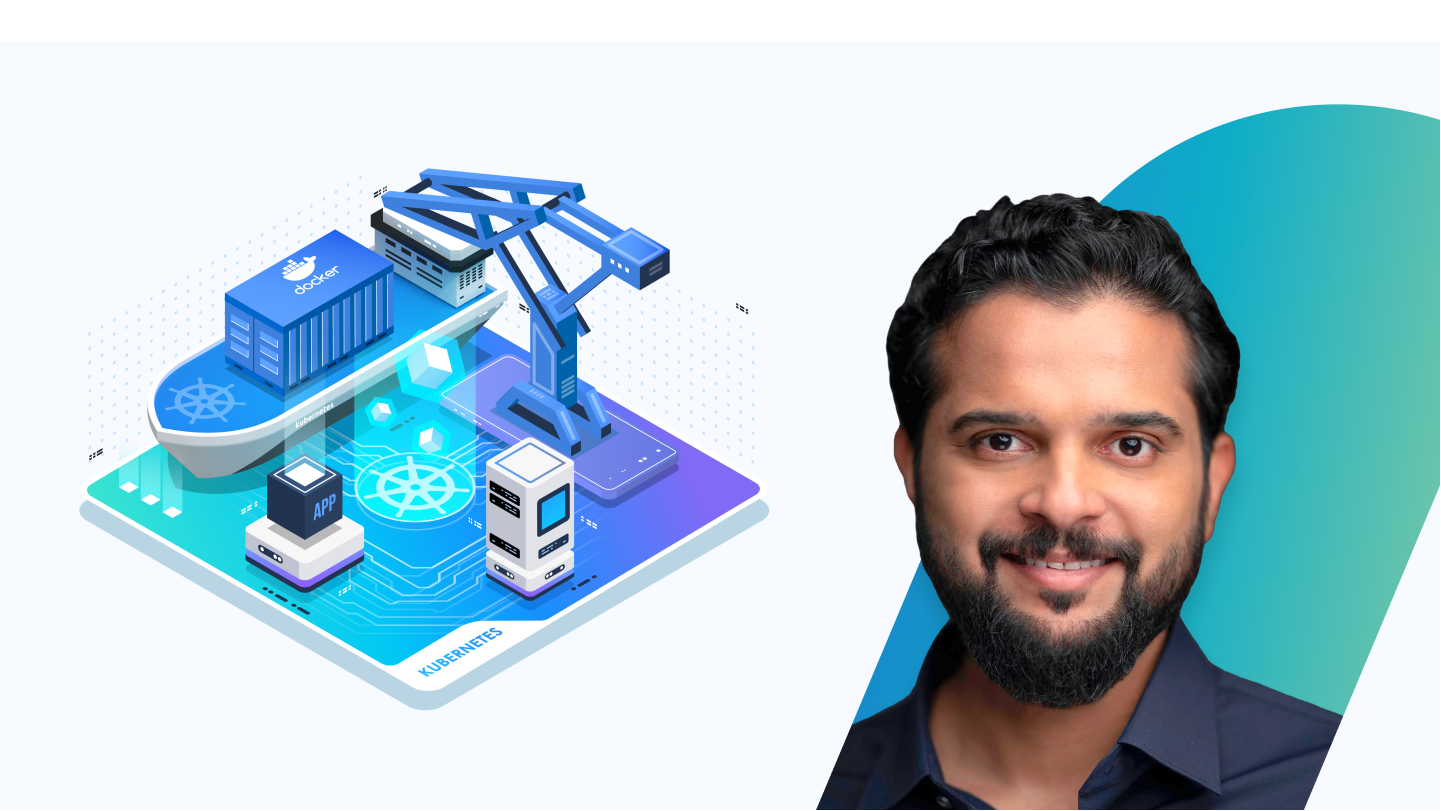
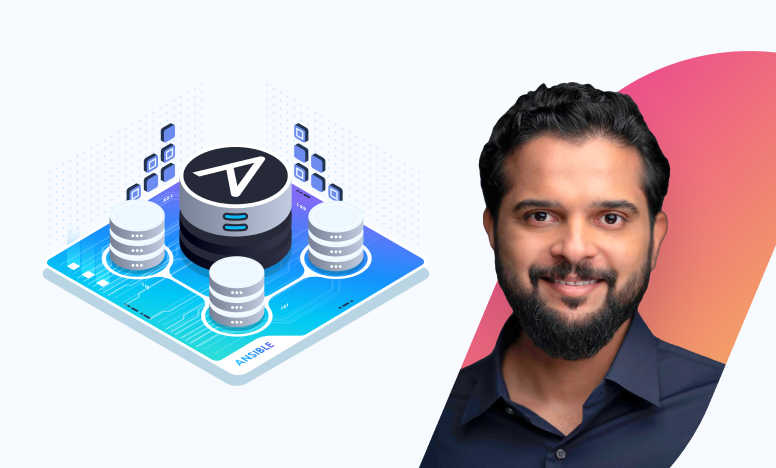
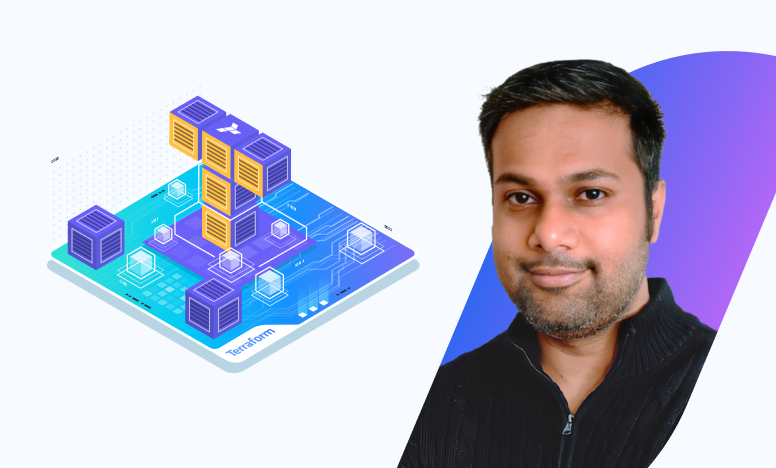
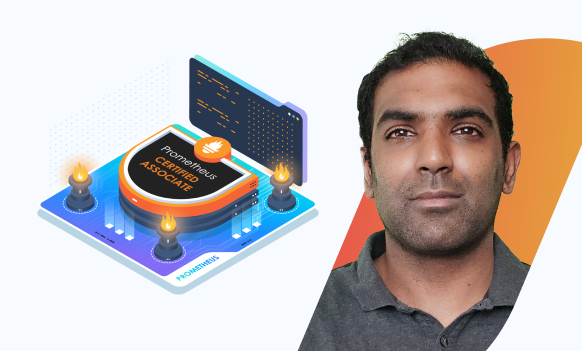

.svg)

